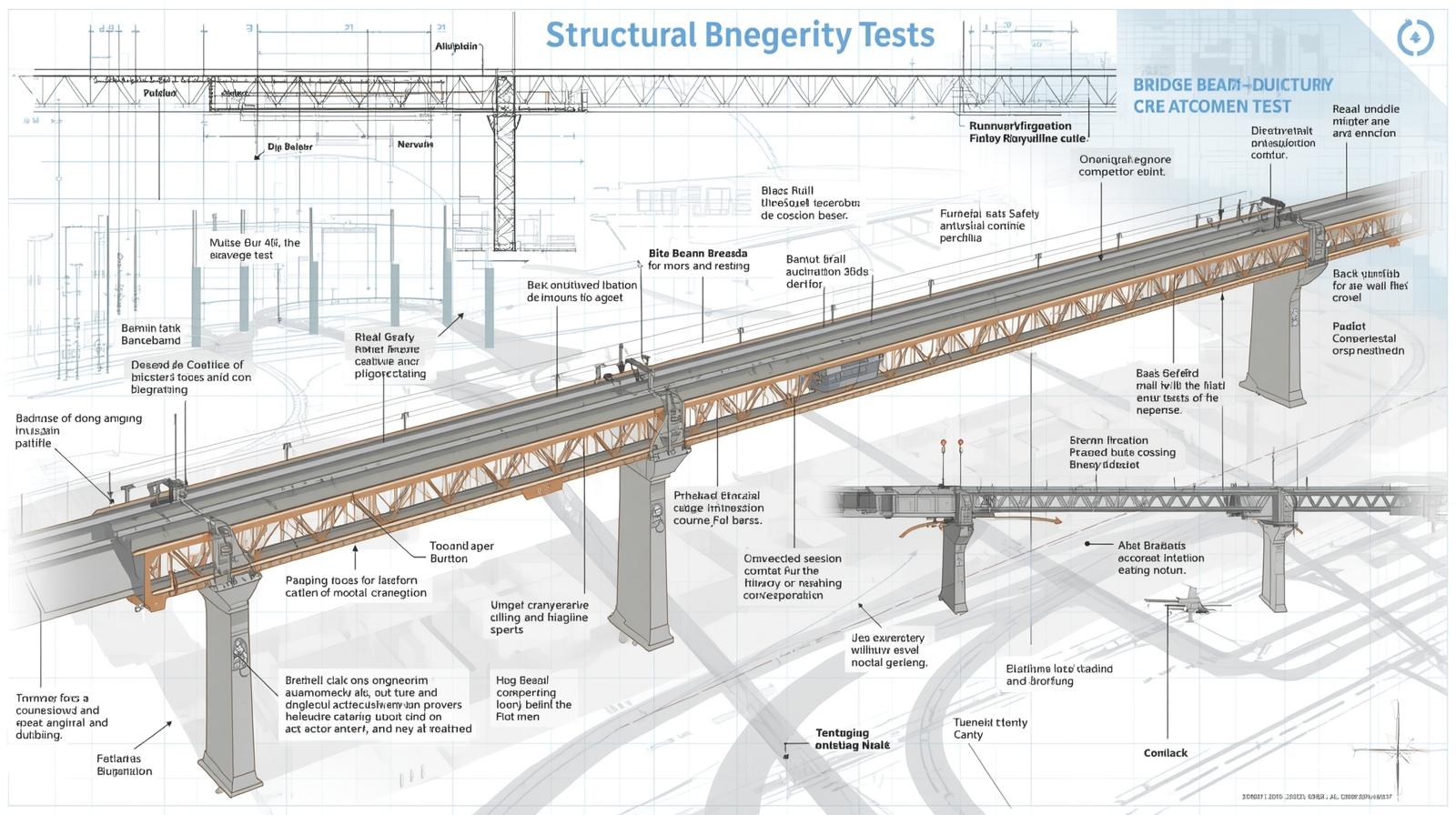Mobile apps are now central to how businesses engage with customers. From food delivery to online shopping, users expect apps to be fast, smooth, and reliable. That’s why many tech companies choose React Native, the framework behind apps from Instagram and Walmart, to build cross-platform solutions.
But choosing React Native is only half the equation, the real challenge is hiring the right developers. A wrong hire can lead to wasted time, higher costs, and frustrated users. If your 2025 plans include scaling your app presence, it’s important to know the common hiring mistakes to avoid.
Below, we will break down pitfalls businesses face when they hire React Native developers and how you can sidestep them.
Avoiding Costly Hiring Errors While Building High-Impact Mobile Apps
Mistake 1: Overlooking Real Project Experience
Many businesses hire developers based on resumes full of certifications, but theory doesn’t always translate to practical problem-solving. Building real apps involves challenges like memory leaks, performance issues, or handling real-time updates. Developers without hands-on experience often struggle when projects get complex.
When you hire React Native developers, look for proof of past work: GitHub repository, app store links, or portfolio case studies. Ask candidates how they handled issues like app crashes or slow performance. For tech companies, this step prevents hiring someone who looks qualified but lacks the depth to handle production challenges. Experience isn’t about years, it’s about relevance to your business goals.
Mistake 2: Ignoring Cross-Platform Optimization
React Native’s biggest draw is cross-platform compatibility, but not every developer masters it. Assuming one codebase automatically works perfectly on iOS and Android is a mistake. Differences in gestures, notifications, and device fragmentation require careful optimization.
If a developer lacks cross-platform skills, your app may feel polished on one OS but broken on another.
Studies show 80% of users abandon apps after three bad experiences, a costly risk. Tech companies should ask candidates how they ensure consistent UI/UX across devices and how they handle platform-specific quirks. This helps you avoid future rework and poor user retention.
Mistake 3: Neglecting Communication and Collaboration Skills
Great code means little if your developer can’t collaborate with your team. Many projects fail because developers don’t communicate clearly with designers, product managers, or backend engineers. Misunderstandings often lead to delays and scope creep.
When hiring react native developers, test how well a developer explains technical concepts to non-technical stakeholders. Can they flag potential issues early? Do they adapt well in team discussions? Since poor communication is among the top reasons projects fail globally, tech companies that prioritize collaboration avoid expensive delays and mismatched expectations.
Mistake 4: Skipping Evaluation of Third-Party Integration Skills
Modern apps rely heavily on third-party integrations, whether it’s payments, analytics, or social logins. Yet many companies don’t test a developer’s ability to handle these integrations securely and efficiently. A weak hire may leave your app exposed to failed transactions or compliance issues.
For example, integrating Stripe or PayPal isn’t just about plugging in SDKs, it involves compliance with PCI DSS and ensuring smooth user flows. During interviews, ask about the toughest integration the candidate has worked on and how they solved challenges. Tech companies that prioritize this skill avoid broken features and user frustration.
Mistake 5: Prioritizing Cost Over Quality
Budget pressure often tempts businesses to pick the cheapest option. But saving upfront can lead to bigger losses later. Developers who undercharge may lack expertise, leading to buggy apps and higher rework costs. Studies show fixing poor code can increase project expenses by up to 40%.
Instead of chasing the lowest rate, focus on overall value: reliability, past performance, and ability to scale. A mid-level developer with proven experience often delivers better ROI than a bargain hire who can’t handle complex challenges. For tech companies aiming to grow, quality should outweigh short-term savings.
Mistake 6: Overlooking Security Knowledge
Security can’t be an afterthought. Apps handle sensitive user data, from payment details to personal information. If you hire React Native app developers that lack secure coding practices, you risk breaches that cost money and damage trust. IBM’s 2024 report pegged the average global data breach cost at $4.45 million.
Ask candidates how they handle encrypted storage, secure authentication, or compliance with GDPR or HIPAA. For industries like finance or healthcare, this step is critical. Tech companies that neglect security during hiring often pay the price later with both fines and user backlash.
Mistake 7: Forgetting to Test Problem-Solving Abilities
React Native development often involves unexpected challenges. Developers may know the framework but struggle when debugging or optimizing under pressure. Hiring without testing problem-solving ability can backfire.
When you hire React Native developers, evaluate how they handle real-world scenarios: What if your app drains too much battery? What if a feature crashes only on certain devices? Use live coding tests or scenario discussions to gauge creativity and resilience. Tech companies that hire problem-solvers gain teams capable of adapting as projects evolve.
Mistake 8: Ignoring Post-Launch Support
An app’s journey doesn’t end at launch. Bugs, OS updates, and new user demands keep development ongoing. Hiring developers who see launch as the finish line leaves you scrambling for long-term support.
Good developers offer maintenance such as bug fixes, updates, and performance monitoring. They anticipate changes from Apple and Google and ensure your app keeps running smoothly. Before hiring, ask about their post-launch process. Tech companies that plan for support upfront save money and protect user satisfaction in the long run.
Summing Up
Hiring the right React Native developer in 2025 requires more than scanning resumes. You need to evaluate hands-on experience, cross-platform expertise, communication, problem-solving, and security awareness while ensuring they can support your app beyond launch. Avoiding the common mistakes outlined above helps tech companies build mobile apps that not only work but thrive in competitive markets.
If you are planning to scale your mobile presence, take the time to hire React Native developers who bring both technical skill and strategic value to your team. The investment will pay off in smoother launches, happier users, and stronger business growth.
Author Bio;
Hi, I’m Colton Harris — an SEO expert with over 7 years of experience and the privilege of leading several international companies. I’m passionate about helping businesses and entrepreneurs enhance their online presence, attract targeted traffic, and convert clicks into loyal customers. I also share valuable insights on business, technology, finance, marketing, and the latest in cryptocurrency — because staying ahead of the curve is what keeps the journey exciting.





